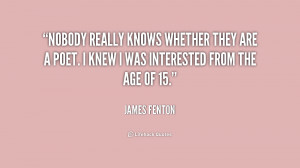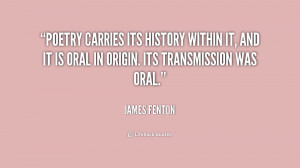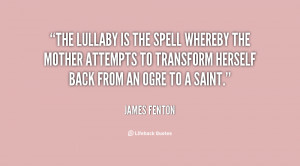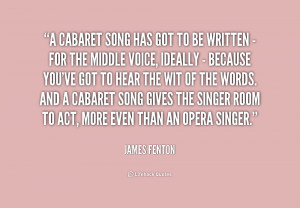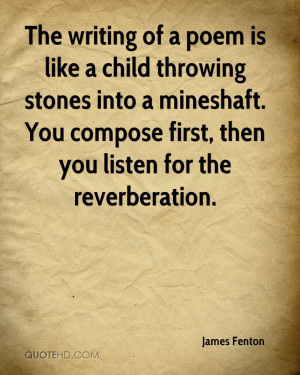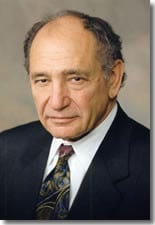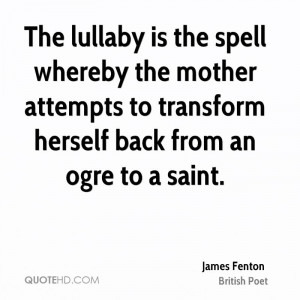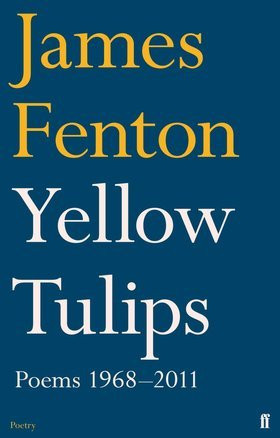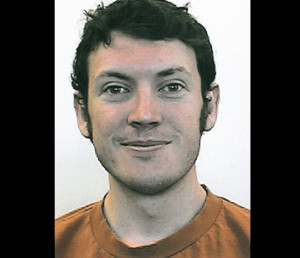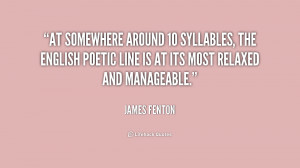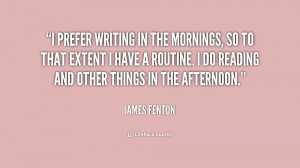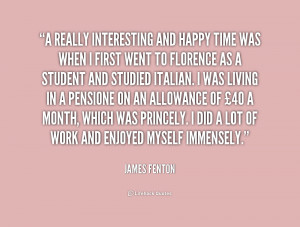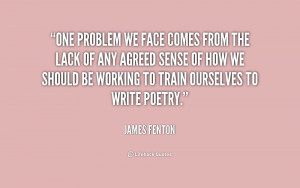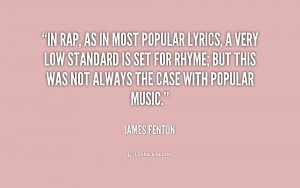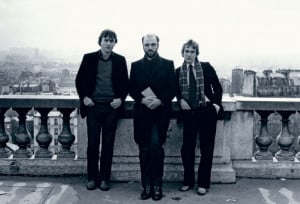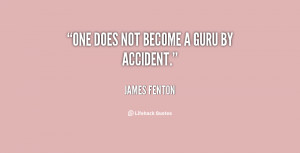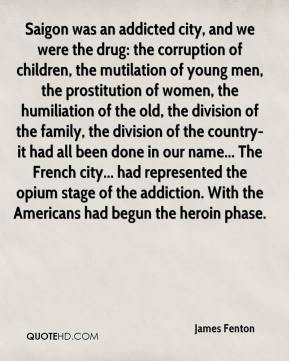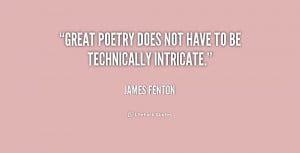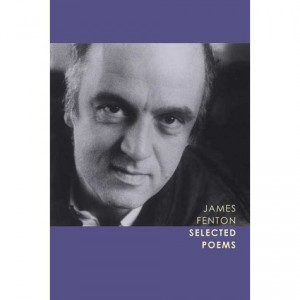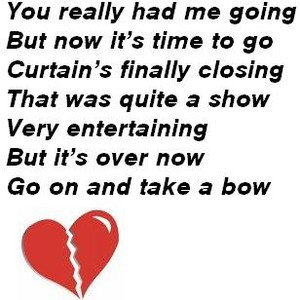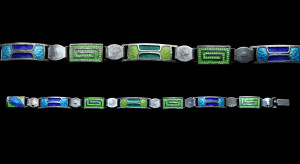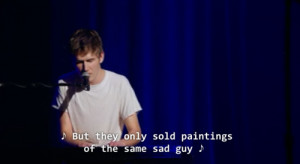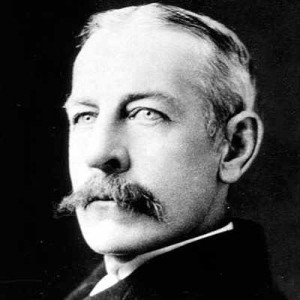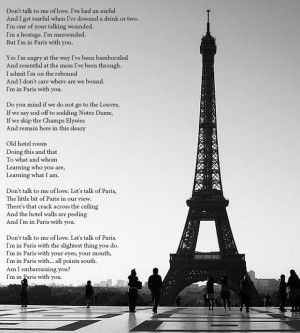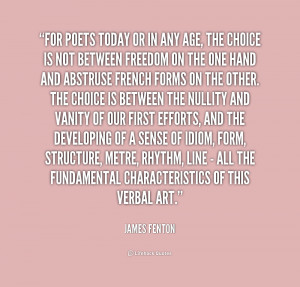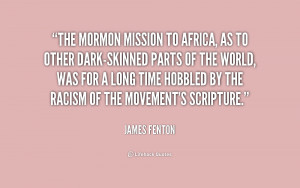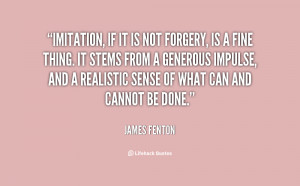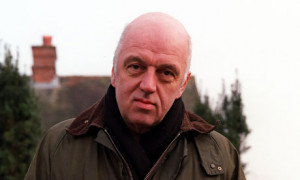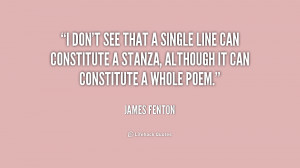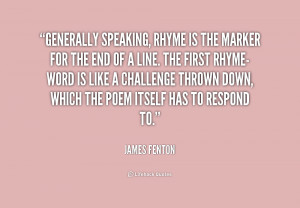James Fenton — British Poet born on April 25, 1949,
James Martin Fenton FRSL FRSA is an English poet, journalist and literary critic. He is a former Oxford Professor of Poetry... (wikipedia)
When we study Shakespeare on the page, for academic purposes, we may require all kinds of help. Generally, we read him in modern spelling and with modern punctuation, and with notes. But any poetry that is performed - from song lyric to tragic speech - must make its point, as it were, without reference back.
Writing for the page is only one form of writing for the eye. Wherever solemn inscriptions are put up in public places, there is a sense that the site and the occasion demand a form of writing which goes beyond plain informative prose. Each word is so valued that the letters forming it are seen as objects of solemn beauty.
Some of my educated Filipino friends were aspiring poets, but their aspirations were all in the direction of the United States. They had no desire to learn from the bardic tradition that continued in the barrios. Their ideal would have been to write something that would get them to Iowa, where they would study creative writing.
An aria in an opera - Handel's 'Ombra mai fu,' for example - gets along with an incredibly small number of words and ideas and a large amount of variation and repetition. That's the beauty of it. It's not taxing to the listener's intelligence because if you haven't heard it the first time round, it'll come around again.

